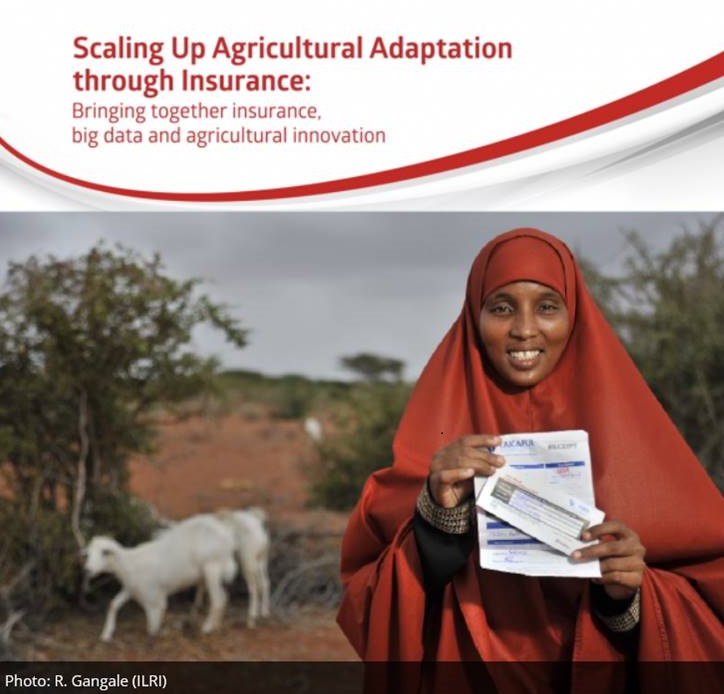Insurance plays key role in agricultural adaptation to climate change

Agriculture had a strong presence at the recent conference of the UN framework convention on climate change (UNFCCC), held on 8-18 May 2017 in Bonn, Germany. Representatives of the climate change, agriculture and insurance sectors set out an ambitious vision for accessible insurance for farmers across the developing world against weather-related losses. A one-day event dedicated to the issue, highlighted the value of index-based insurance, drew lessons and identified key challenges. “We have seen that formally insuring farmers against extreme weather events is effective,” said Bruce Campbell, Director of the CGIAR, Research Program on Climate Change, Agriculture and Food Security (CCAFS), which co-hosted the event. “Insurance not only compensates smallholders to avoid catastrophic losses, it also allows them to invest and adapt, even when they don’t receive a pay-out.”
Increasing global interest for index based insurance. There has been a growing emphasis on climate insurance in the UNFCCC processes, and the Paris Agreement explicitly identifies insurance solutions as an area of cooperation to address climate impacts. By linking payouts to scientific ‘triggers’ or thresholds beyond which agricultural production begin to suffer, index-based insurance schemes are now being piloted and expanded in many countries including Bangladesh, Ethiopia, Guatemala, Honduras, India, and Nigeria. The considerable advances which have been made in the field are increasing global interest for scaling up the role of insurance as a means to adapt to climate change.
A seminar on agricultural insurance and risk management in the Maghreb was held in Tunis on 16 - 17 May. The event organized by EnpardMed examined several ongoing initiatives in the region. A project in Tunisia is testing an index based insurance scheme in a country where only 7 to 8% of farmers are covered by agricultural insurances. In Morocco, innovative solutions are being piloted introducing parametric insurance. The ACCAGRIMAG project targeting the insurance of cereals, pulses and oilseeds achieved a coverage of more than one million hectares. Luc Boucher, from the Moroccan Agency for Agricultural Development (ADA), emphasized in his concluding remarks that the overarching objective in agricultural risk management is economic, social and political, and that there is no universal solution, but a need to combine different solutions according to the sectors involved, and based on the availability of data to create insurance tools.
Resources: Video presentation on Scaling up agricultural adaptation through insurance



